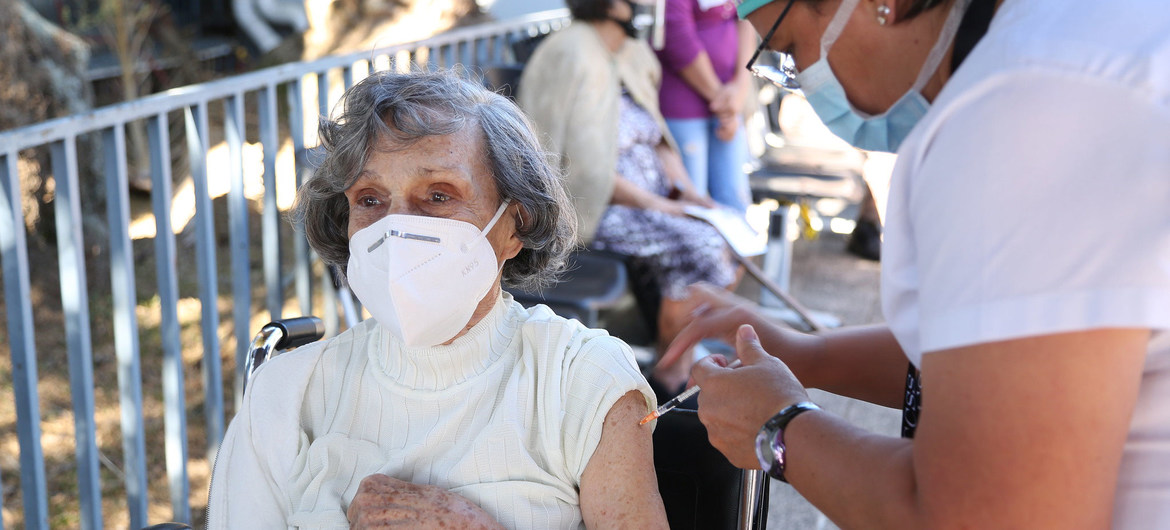Government is aware of the challenges posed by anti-microbial resistance (AMR) in India and has taken the following measures to address the issue:
- AMR surveillance network has been strengthened by establishing labs in State Medical College. 36 sites in 26 States/UTs have been included in this network so far.
- A national action plan on containment of Antimicrobial Resistance (NAP-AMR) focusing on the One Health approach was launched in April 2017 with the aim of involving various stakeholder ministries/departments. Delhi Declaration on AMR– an inter-ministerial consensus was signed by the ministers of the concerned ministries pledging their support in AMR containment.
- AMR Surveillance Network: ICMR has established AMR surveillance and research network (AMRSN) comprising 30 tertiary care hospitals, both private and government to generate evidence and capture trends and patterns of drug-resistant infections in the country.
- AMR Research & International Collaboration: ICMR has taken initiatives to develop new drugs /medicines through international collaborations in order to strengthen medical research in AMR.
- ICMR along with the Research Council of Norway (RCN) initiated a joint call for research in antimicrobial resistance in 2017.
- ICMR along with the Federal Ministry of Education and Research (BMBF), Germany has a joint Indo-German collaboration for research on AMR.
The government of India has taken the following initiatives to increase awareness about antibiotics misuse:
- ICMR has initiated an antibiotic stewardship program (AMSP) on a pilot project basis in 20 tertiary care hospitals across India to control misuse and overuse of antibiotics in hospital wards and ICUs.
- DCGI has banned 40 fixed-dose combinations (FDCs) that were found inappropriate.
- ICMR worked in collaboration with Indian Council of Agriculture Research, the Department of Animal Husbandry, Dairy and Fisheries and the DCGI to ban the use of Colistin as a growth promoter in animal feed in poultry.
- Various IEC activities like public conclave, poster and quiz competitions have been conducted by National Centre for Disease Control (NCDC) in schools, colleges and Health melas to create awareness about AMR, its containment & prevention and judicial use of antibiotics among the common public.
- To raise awareness among the community and the health care providers, communication material including posters, videos and radio jingles has been developed with an emphasis on the prevention of irrational use of antibiotics during viral illnesses and also on infection prevention through hand hygiene to prevent the spread of infections.
The Union Minister of State for Health and Family Welfare, Dr. Bharati Pravin Pawar stated this in a written reply in the Lok Sabha today.












